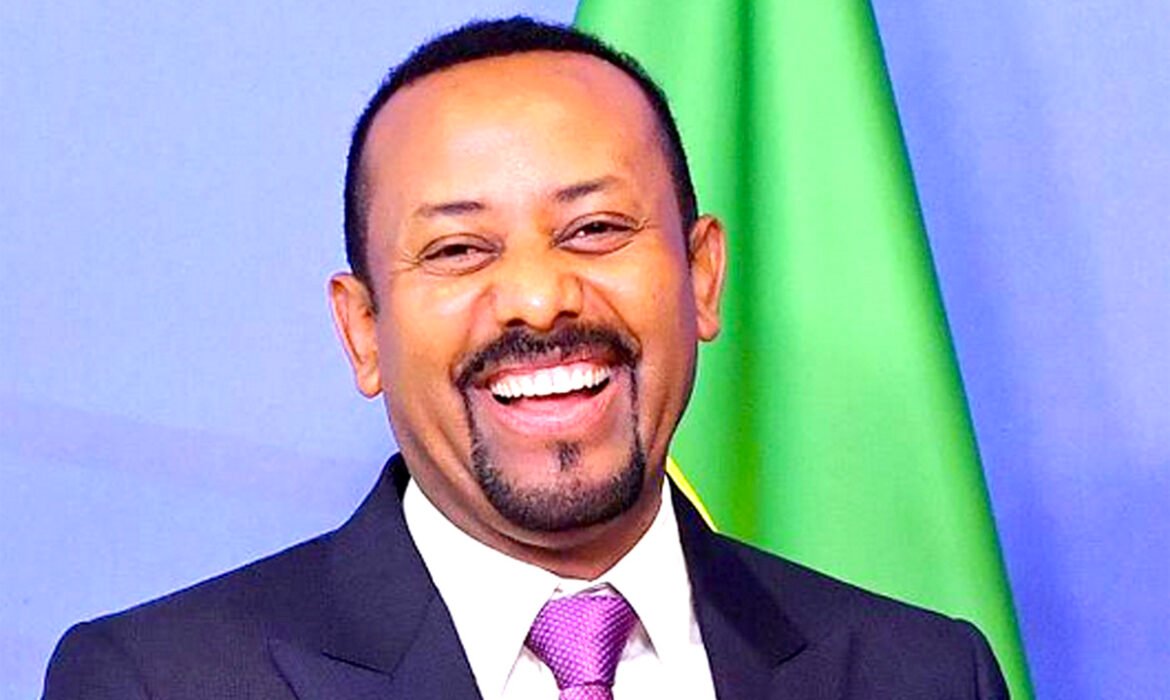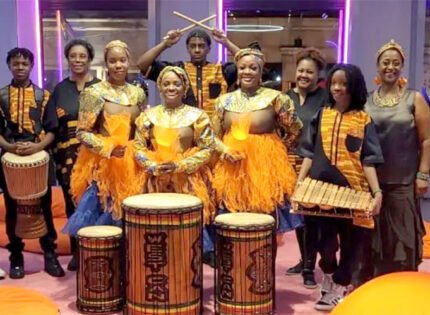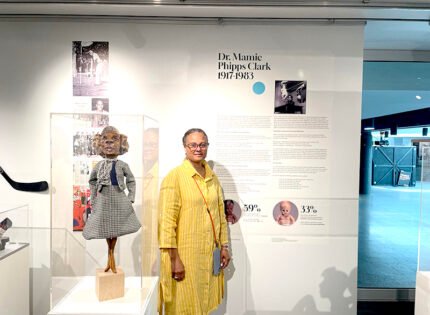

Ethiopian prime minister, Abiy Ahmed’s mediation efforts were recognized globally when he was awarded the Nobel Peace Prize on October 11.
The award recognized Abiy’s “efforts to achieve peace and international cooperation, and in particular his decisive initiative to resolve the border conflict with neighboring Eritrea,” the Norwegian Nobel committee’s chair, Berit Reiss-Andersen is quoted as saying.
Ahmed, who is a former military officer specializing in cyber intelligence, came into power at the age of 41, making him one of the youngest African leaders after Joseph Kabila in Congo. After coming into power in April 2018, he signed a peace deal that ended a 20-year stalemate between Eretria and Ethiopia over their border.
Ahmed, 43, also recently won plaudits for his role in helping to broker a power-sharing deal in neighboring Sudan after a political crisis that led to the toppling of Omar al-Bashir’s 30-year regime and his arrest.
Since his election, his premiership has been noted for its bold and progressive legislation. He released the country’s political prisoners, denouncing their torture, and freed jailed journalists. He met with the political opposition and civil society to discuss reform, and invited previously exiled political parties to return to Ethiopia. He also embarked on major institutional reforms, including in the security and justice sectors. Phone lines were also opened between the two countries for the first time in 20 years.
Eritrea gained its independence from Ethiopia’s imperial and military rule in April 1993.
In 1998, a border war broke out with Ethiopia, resulting in the almost complete militarization of Eritrean society. In 2001, a group of leaders who played key roles in the liberation war demanded political reforms and were arrested by President Isaias Afwerki. Since then Eritrea has experienced the complete closure of political space, economic decline, international sanctions, and isolation. It ranks very low in all indices, global assessments regarding democracy, human rights, religious freedom, and free media.
Ethiopia, landlocked since the secession, has a strategic interest in a critical Eritrean port, Assab.
Eritrean dissidents have accused the government of using the war to justify endless military service that has been behind the exodus of young Eritreans in recent years. Eritreans were among the largest group of people landing on Mediterranean shores during the height of Europe’s migration crisis.
Ethiopia, which has the second-largest population on the continent, will now seek access to the Red Sea through an Eritrean port to temper its reliance on a port in neighboring Djibouti.
“There is no longer a border between Eritrea and Ethiopia because a bridge of love has destroyed it,” Mr. Ahmed is quoted as saying.
The two neighbors are also set to reopen their embassies in the near future and that Ethiopia’s national airline will soon start flights to Asmara.
Other figures who were considered in the running for this year’s prize included 16-year-old Swedish climate activist Greta Thunberg, Angela Merkel, the German chancellor, and Hong Kong pro-democracy activists.
Ahmed joins a list of notable Africans, such as Albert Luthuli, (1960), Kofi Anan (2001), Wangari Mathai (2004), Ellen Johnson Sirleaf and Leymah Gbowee, (2011), Denis Mukwege (2018) among others, who have also been recipients of the prize.
The award has been hailed as a “big win” not only for Ahmed and Ethiopia but for Africa too.











